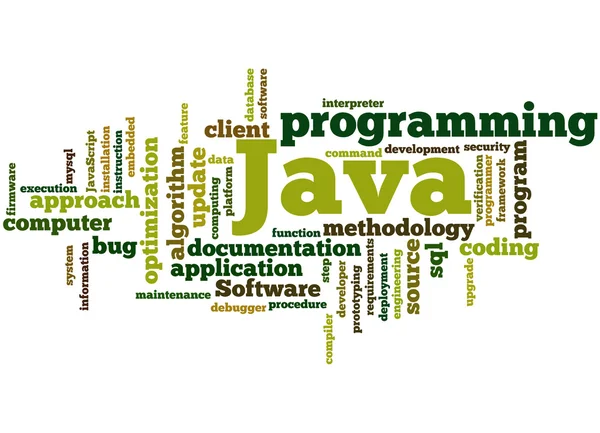Introduction
Java and Kotlin are two of the most popular programming languages used for Android app development. With both languages backed by robust communities and offering unique features, developers often find themselves pondering which one to choose. This article compares Java and Kotlin, exploring their strengths, weaknesses, and how they fare in the Android development realm. By shedding light on the key differences between these languages, developers can make informed decisions and select the best-suited language for their Android projects.
- The Legacy of Java in Android Development
Java has been the traditional language for Android app development since the inception of the platform. As an object-oriented language, Java offers familiarity to many developers and enjoys extensive community support. Its platform independence and runtime environment compatibility make it a versatile choice for creating applications that run smoothly on various Android devices. Java's robustness and performance are well-established, and a plethora of libraries, frameworks, and tools are available for developers to expedite the development process. However, despite its benefits, Java's verbosity and boilerplate code can be cumbersome for developers seeking a more concise and modern language.
- The Rise of Kotlin as a Java Alternative
Kotlin, introduced by JetBrains in 2011, quickly gained traction as an alternative to Java for Android development. Adopted by Google as an officially supported language in 2017, Kotlin offers a more concise and expressive syntax compared to Java. Its null safety features and functional programming capabilities enhance code reliability and readability, reducing the chances of encountering common runtime exceptions. Kotlin's seamless interoperability with Java allows developers to gradually transition their existing Java projects to Kotlin, fostering a smooth learning curve for those familiar with Java. The language has won the hearts of developers for its ability to significantly reduce boilerplate code, leading to faster development cycles and better maintainability.
Conclusion
In conclusion, the battle between Java and Kotlin for Android app development is a testament to the ever-evolving nature of software development. While Java remains a robust and reliable choice, Kotlin's rise to prominence has introduced a more modern and expressive option for developers. The decision to choose between Java and Kotlin ultimately depends on the developer's familiarity with the languages, project requirements, and personal preferences. As the Android ecosystem continues to evolve, both Java and Kotlin are set to play pivotal roles in shaping the future of mobile app development.





